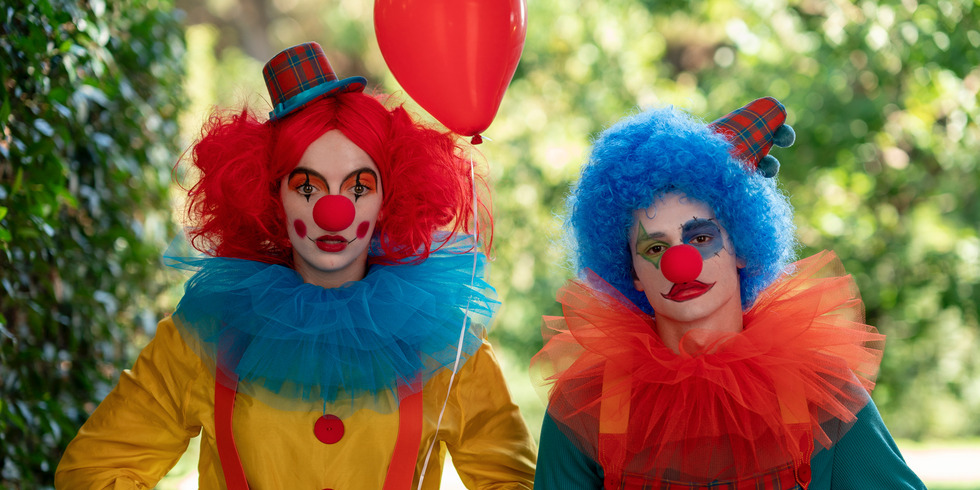Being incredibly popular and critically acclaimed at the same time is a feat that not many shows can perform. ‘Killing Eve’, however, is one of the few who do walk this delicate line. Starring Sandra Oh and Jodie Comer in the lead roles, the show follows the story of an assassin and an MI5 agent. While playing cat-and-mouse, they become obsessed with each other, which leads to a lot of trouble. The show received praise for its crisp plot and top-notch acting. The story is so absurd yet plausible that it makes one question: is it based on true events? Here’s the answer.
Is Killing Eve Based on a True Story?
No, ‘Killing Eve’ is not based on a true Story. In fact, it is based on a book called ‘Codename Villanelle’ by Luke Jennings. It was adapted for television by Phoebe Waller-Bridge. Jennings had been a fan of Waller-Bridge since he saw her perform ‘Fleabag’ and wanted her to take the reins of the television adaptation. They talked about the characters at length and found a common footing for both of their interpretations of the relationship between Villanelle and Eve.
While the show becomes the playground for some exciting characters with conflicting loyalties, Villanelle is the one who fascinates the audience the most. How did Jennings manage to bring this balance that makes her lovable as well as scary? He didn’t have to think about it much. “She came to me all of a piece,” he said. “I woke up and saw her standing there, fixing me with her icy, sociopathic stare. A child of post-Soviet chaos, as brilliant as she was ferocious, she was employed by an avant-garde global corporation as their in-house murderess. I fell in love with her on sight. Villanelle was very much in my mind.”
In the show, the central characters remain true to their essence, as dictated by the book, but a lot of changes were made in the story while bringing it from paper to the screen. Some male characters in the book were changed to females, for instance, Fiona Shaw’s Carolyn Martens. Several characters who did not exist in the book were added for the series. Waller-Bridge also tinkered with the age gap between the leads and had briefly considering carving out a character for herself somewhere in between.
As she has done with her characters before, she tapped into herself while writing Eve and Villanelle for the screen. “With Eve, I felt more connected. There were bits of me. I was writing parts with bits of myself and then being able to let that go,” she said.
For Villanelle, it was trickier. “I wanted her to be lovable in her conviction and dismissal of consequence,” she said. “I think there’s something funny about people who laugh in the face of convention or surprise us morally. You’ll enjoy her playfulness, but then the things that she does are genuinely shocking.” She found such audacity in Angela Simpson, who had brutally killed a disabled man, and when caught, she asked the media to make her look good! PWB took notes from her behavior and embedded them in Villanelle’s.
While a real-life murderer might have influenced her psychopathy, Villanelle’s fashion sense comes from Jennings. He created a contrast between Even and Villanelle through their choice of wardrobe. While one loves to be lavish about her fashion, the other couldn’t care less. Villanelle’s love for fashion is not a simple one. “Villanelle dresses carefully for her kills,” Jennings said. “It’s part of the ritual. She’s got as much money as she can spend and thinks she deserves the best. What she wears is quite wild, but she dresses to please herself. She does everything to please herself.”

